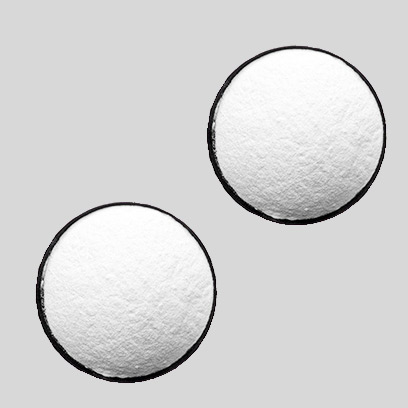
តុលា . 12, 2024 23:33 Back to list
Formation and Properties of Precipitated Barium Sulphate in Various Chemical Reactions
Precipitated Barium Sulphate An Overview
Barium sulphate (BaSO₄) is an inorganic compound known for its diverse applications across various industries, from medical imaging to manufacturing processes. One of the most significant forms of barium sulphate is precipitated barium sulphate, which is produced through a controlled precipitation process. This article explores the properties, production methods, and applications of precipitated barium sulphate, along with its environmental and health considerations.
Properties of Precipitated Barium Sulphate
Precipitated barium sulphate is characterized by its high purity, fine particle size, and excellent dispersibility. These properties make it an ideal filler and coating agent in various applications. The compound appears as a white crystalline solid and is insoluble in water, acids, and organic solvents, which contributes to its stability and utility in different environments. Moreover, its high density and refractive index enable its use in enhancing the properties of materials in which it is incorporated.
Production Methods
The production of precipitated barium sulphate typically involves the reaction between barium chloride (BaCl₂) and sodium sulphate (Na₂SO₄) in a controlled environment. The reaction can be represented by the following equation
\[ \text{BaCl}_2 + \text{Na}_2\text{SO}_4 \rightarrow \text{BaSO}_4 \downarrow + 2\text{NaCl} \]
The precipitate formed (barium sulphate) is then filtered, washed, and dried. Various factors, such as temperature, pH, and concentration of reactants, can be manipulated to control the properties of the precipitate, including particle size and morphology. For specialty applications, methods like controlled precipitation and co-precipitation are employed to achieve specific characteristics.
In recent years, advances in nanotechnology have also allowed the production of nano-sized barium sulphate particles, which exhibit unique properties suitable for high-performance applications.
Applications
Precipitated barium sulphate finds a variety of applications, particularly in industries such as
precipitated barium sulphate

1. Medical Imaging One of the primary uses of barium sulphate is as a radiocontrast agent in medical imaging, particularly in X-ray and CT scans of the gastrointestinal tract. Its high atomic number provides excellent contrast, allowing for clearer images.
2. Plastics and Coatings In the plastics industry, precipitated barium sulphate serves as a filler to enhance the mechanical properties, improve opacity, and contribute to the color of various products. It also acts as a pigment extender in paints and coatings, where its reflective properties can enhance brightness and durability.
3. Rubber Manufacturing Barium sulphate is used as a filler in rubber compounding to improve strength, hardness, and durability. Its low oil absorption keeps the rubber mix efficient and economical.
4. Cosmetics Due to its inertness and opacity, precipitated barium sulphate is incorporated into cosmetic formulations, particularly in products like sunscreen and powder, enhancing texture and providing protection.
5. Pharmaceuticals In the pharmaceutical industry, barium sulphate is utilized in formulations where it acts as a radiocontrast agent, similar to its role in medical imaging.
Environmental and Health Considerations
While precipitated barium sulphate is generally considered safe for use, concerns have been raised regarding barium compounds' environmental impact, especially in areas of mining and manufacturing. Proper waste management practices are essential to minimize potential contamination of soil and waterways.
In terms of health, barium sulphate is non-toxic due to its insolubility, making it safe for medical and industrial applications. However, exposure to airborne dust may pose risks, necessitating safety protocols to protect workers in manufacturing settings.
Conclusion
Precipitated barium sulphate is a versatile compound with significant applications across various industries, thanks to its unique properties and ease of production. As research and technology continue to evolve, the demand for barium sulphate is expected to grow, driving innovations in its production and use. A responsible approach to its application and waste management will help mitigate environmental and health concerns, ensuring that this valuable compound can be utilized safely and effectively.
-
High Quality Titania TiO2 from Leading China Manufacturer and Supplier
NewsJul.24,2025
-
High-Quality Titanium Dioxide 298 for Versatile Industrial Applications
NewsJul.23,2025
-
High-Quality Titanium Dioxide for Pigments & Industrial Applications
NewsJul.22,2025
-
Premium Titanium Dioxide E Grade | Bright & Cost-Effective
NewsJul.21,2025
-
Premium Titania TiO2 Supplier & Manufacturer | Buy Online
NewsJul.20,2025
-
High Quality China Black Iron Oxide Powder Supplier Competitive Price & Fast Delivery
NewsJul.08,2025
